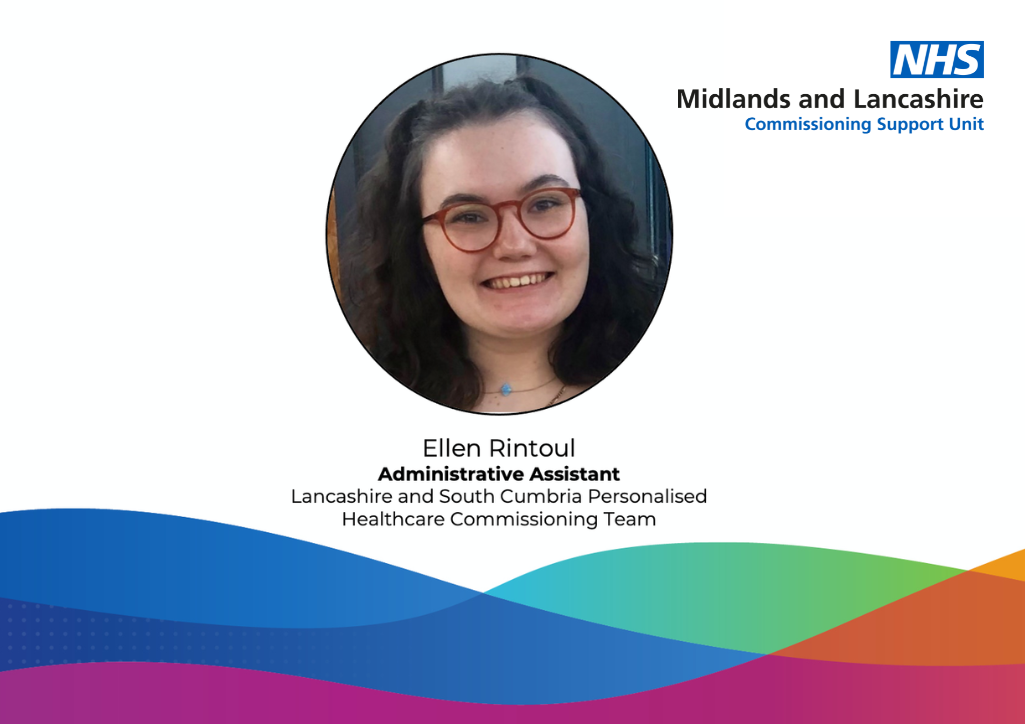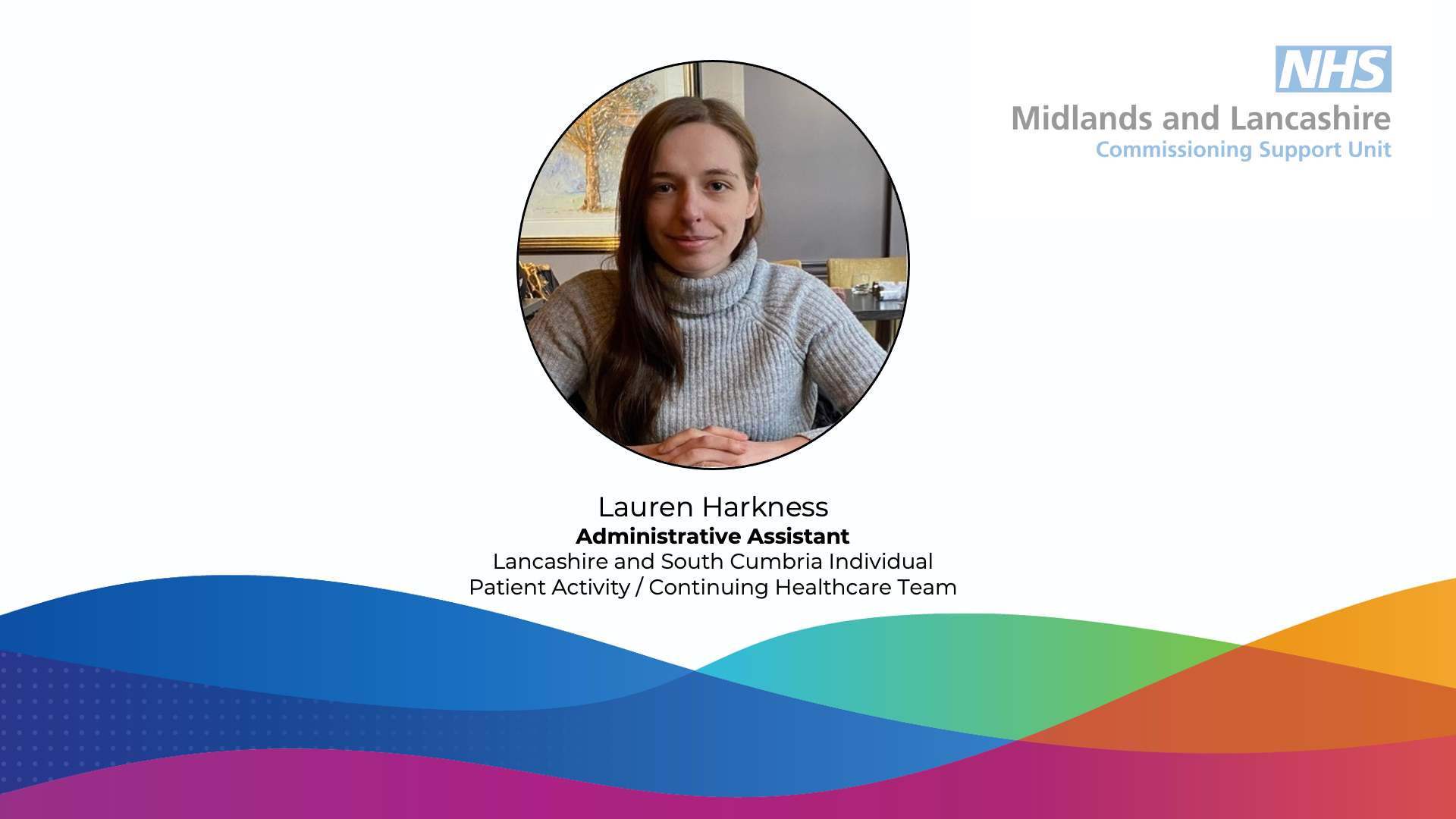We supported an integrated care board (ICB) to assess the mental capacity of a patient with complex issues, represented the ICB at Court of Protection proceedings and ensured a person-centred approach to Rose’s care.
Background
The NHS Midlands and Lancashire CSU Court of Protection (CoP) Service was tasked with exploring legal pathways to ensure the best possible outcome for a patient – Rose (a pseudonym) – with suspected mental capacity issues, and participated in a multi-agency approach to delivering their care in this complex case.
The patient appeared to have the ability to understand topics being discussed about their care, however their fixed thoughts and views prevented them from using and weighing the information. They listened to medical advice when they were in severe pain, but once symptoms subsided, they would avoid appointments and treatment. Strategies by healthcare professionals to ensure the patient followed the care pathway were unsuccessful. They also disagreed on whether the patient was consciously making unwise decisions, or they had the capacity to make decisions at all.
Read more about Rose’s story in the Further Information section.
Action
Our CoP service supported and coordinated on behalf of the integrated care board (ICB) a multi-disciplinary team (MDT) approach to Rose’s case. We:
– Completed mental capacity assessments
– Supported the GP to advance their understanding of capacity assessments and the complexity of decision-making
– Encouraged a collaborative approach between services and healthcare bodies
– Due to continued disagreement among healthcare professionals, arranged an independent Mental Capacity Act assessment which confirmed the patient lacked capacity for some decisions
– Ensured the patient was provided with appropriate support for all appointments and these were put forward in MDTs
– Following a cancer diagnosis had assessments revisited to review Rose’s capacity to make decisions about treatment choices and continued inpatient stay
– Facilitated an MDT meeting to support Rose’s care home placement wishes
– Represented the ICB in all court proceedings and provided professional, efficient and specialist advice.
Throughout Rose’s journey, we worked compassionately to ensure that the patient always remained at the centre of every action and that they felt empowered and supported to personalise their care journey.
Impact
We facilitated a collaborative MDT approach to sensitively engage with Rose and ensure her wishes were at the forefront of decisions made. The MLCSU CoP Service and the MDT were commended on the exemplary application of the Mental Capacity Act in practice throughout Rose’s journey and were awarded the NHS England’s Safeguarding Star Award.
We also represented the ICB professionally and efficiently within the Court of Protection and ensured legal services were utilised in a cost-effective manner.
Our involvement championed a person-centred approach which meant that the patient’s voice was heard and considered throughout, whilst ensuring any actions and decisions made were in their best interests.
As an MDT we were able to work together to make sure Rose’s final days were spent as she wanted. Her wishes for a placement by the sea and near animals were prioritised. She lived out her last days supported by professionals familiar to her, at a hospice not far from the sea, in a room with a view to a garden with animals.
Feedback
“You really evidenced the power of collaboration, keeping Rose central, being ever mindful of her best interests, constant dialogue and having difficult conversations, partnership working and ensuring her voice was heard. You made her care personal, and you went the extra mile to respect her wishes and ensure her end-of-life plan was as good as it could be, thank you all!”
Cathy Sheehan, National Safeguarding Clinical Lead, NHS England
Further information
For more information about our Court of Protection Service, please email mlcsu.personalisedhealthcare@nhs.net.
Rose’s story
Rose was 61 and had a learning disability classification, but had never undergone formal assessment. Healthcare professionals who knew her well also suspected autism. She had spent time in a mental health unit and her records also noted traits of a potential personality disorder.
She would often get preoccupied with issues that held less importance to her healthcare outcomes, and this would result in her making choices that directly contradicted healthcare professionals’ recommendations and significantly impacted her physical health and wellbeing.
Throughout her adult life, Rose had been challenged by health systems, services and processes. She was a carer for her mother who suffered from cancer. As a result, her previous experiences coloured her perceptions of current issues, making it incredibly difficult for professionals to separate old from new.
She had no other family and a was relatively private person. She had a passion for her garden, her beloved cats and animal charities.
Rose had a complex gynaecological history with concerns surrounding post-menopausal bleeding and a history of disengagement with professionals across all agencies, if she felt things were not moving in the direction she felt was best. When Rose was admitted to the hospital with acute symptoms, healthcare professionals recommended a treatment pathway. While her symptoms were at their worst and causing severe pain, she was able to make decisions that prioritised her health needs. However, once the symptoms had subsided, she did not follow the recommended treatment plans and refused to attend the planned investigative appointments.
Rose had developed behaviours to get what she perceived was the right outcome from the system. Her negative experiences with healthcare systems led to her avoiding engagement with healthcare professionals and not completing the treatment recommended to her. For example, she would move appointments to different hospitals disrupting and delaying her care pathway.
Healthcare professionals closest to Rose employed different approaches to ensure she followed their advice but with limited success. Her GP had exhausted all options in trying to support her and encourage her, including multiple phone calls, home visits and visits and phone calls in the GP’s own personal time to optimise engagement. Professionals also differed in opinion on Rose’s capacity to make a decision, with some believing she was making capacious unwise decisions, while others questioning her executive functioning to make a capacious decision at all. Legal consideration had started to determine appropriate legal pathways under the Best Interest processes.
Following several mental capacity assessments, an independent assessor confirmed the challenges in relation to executive functioning and reported Rose lacked capacity at that moment in time, but highlighted this could improve with the right therapies to improve her mood. Rose attended investigative appointments benefiting from appropriate support and any reasonable adjustments in accordance with her mental capacity assessment outcome. Unfortunately, the diagnosis confirmed stage 4 cancer and necessitated hospital admission.
Rose formally objected to her deprivation in not being allowed to return home, despite not being medically fit to do so. Her advocates submitted an objection on her behalf. Clinical opinions in view of the poor prognosis, disease progression, observations over a number of months and increasing needs recommended 24-hour nursing care. Rose did understand the significance of her diagnosis and knew she was dying. However, she could not grasp the concept of her life expectancy and the reality of her deterioration.
Rose’s views in relation to accommodation were discussed at length by several agencies. She wanted to return to her flat in Morecambe to be with her beloved cats, but did not want to die there. Rose wanted to spend her final days somewhere with gardens and where she could have visits from her cats. But several setbacks while in hospital – she acquired Covid, and E-Coli – prolonged her length of stay.
Agencies were working collaboratively and sensitively to engage with Rose and ensure her wishes were at the forefront of decisions made, they were trying to be creative in tailoring packages of care to meet her needs.
Sadly, due to rapid disease progression and increasing nursing and care needs, a return to her flat was not possible. A hospice in Morecambe was chosen with Rose’s input, and a room was allocated with a garden and views of animals, another important aspect she had expressed.
Her final days were spent near the sea, with a view of the garden and supported by the professionals she had known. The adaptability and compassion of system partners and professionals ensured that Rose’s death was as peaceful and positive as it could be. The reflections of those involved was a sense of accomplishment in that for Rose, they did their best.

























